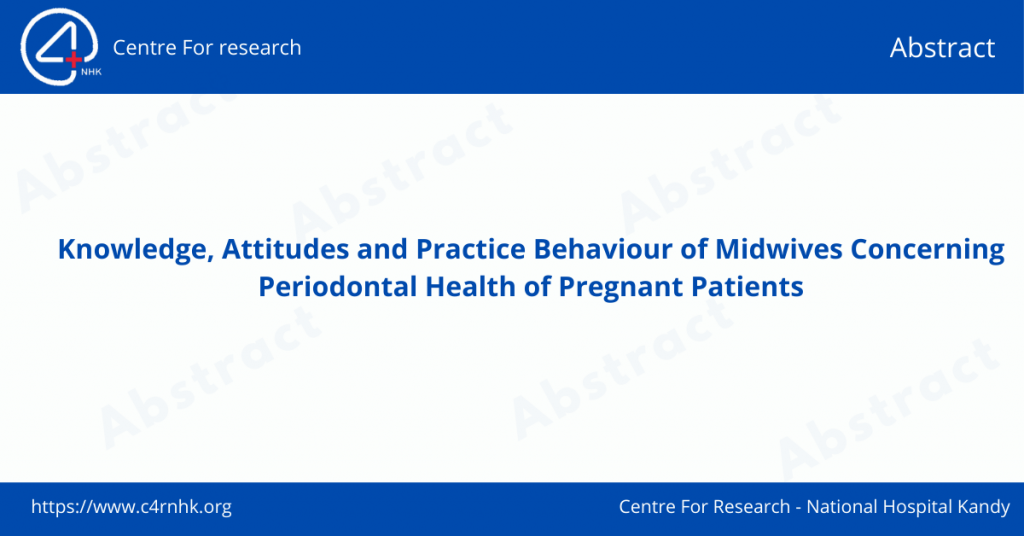Introduction: Ultra-processed foods (UPFs) have become ubiquitous in modern diets, characterized by their high levels of chemical additives, sugars, fats, and minimal whole-food content. The Nova food classification system categorizes UPFs as the most heavily processed category, distinct from minimally processed or unprocessed foods. Given their prevalence and potential impact on health, understanding the associations between UPFs and adverse health outcomes is crucial.
The study under review is an umbrella review that synthesizes existing meta-analyses to comprehensively assess the relationship between UPF exposure and various health parameters. With a dataset spanning 9.9 million individuals worldwide, the authors explore the impact of UPFs on mortality, cancer, cardiovascular disease, mental health, and other health conditions.
Results: The umbrella review reveals compelling evidence linking UPF exposure to adverse health outcomes:
- Cardiovascular Disease Mortality: Convincing evidence supports a higher risk of cardiovascular disease-related mortality among individuals with higher UPF consumption.
- Type 2 Diabetes: A dose-response relationship exists between UPF exposure and the risk of developing type 2 diabetes.
- Mental Health: UPFs are associated with prevalent anxiety outcomes and common mental disorders.
However, it’s essential to note that the quality of evidence varies across these associations, with some graded as “very low” due to limitations in existing studies.
Conclusion: In summary, UPFs pose significant health risks, and their widespread consumption warrants attention. Public awareness, policy interventions, and healthier dietary choices are crucial to mitigate the impact of ultra-processed foods on global health.

